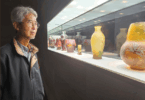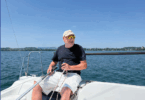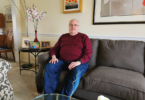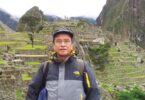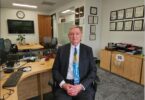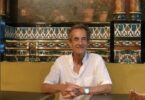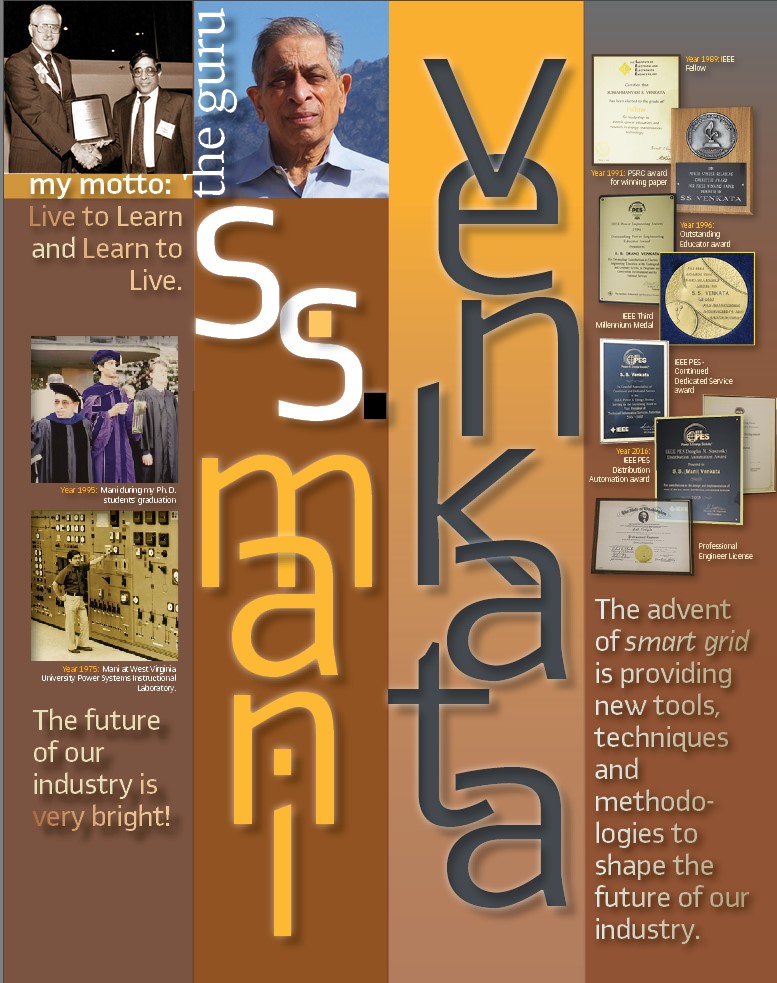
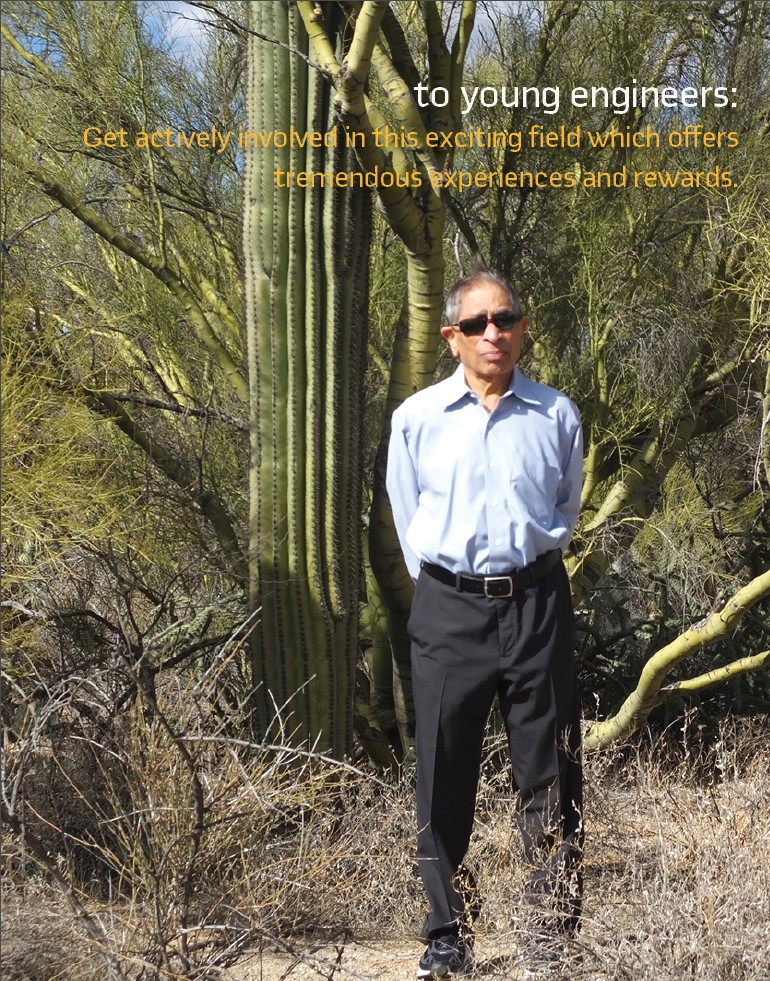
PAC World: When and where were you born?
S.S.V.: I was born on June 28, 1942 in Nellore, South India, during the Second World War. My father, a distribution engineer in State Electricity Boards in South India, was transferred to several locations due to the war uncertainties. When the Japanese bombed Vishakapatnam in Andhra State, a natural harbor between Chennai and Kolkata, my mother and I were forced to move to Chennai to live with my maternal uncle. I remember making several train trips. I loved the train trips very much.
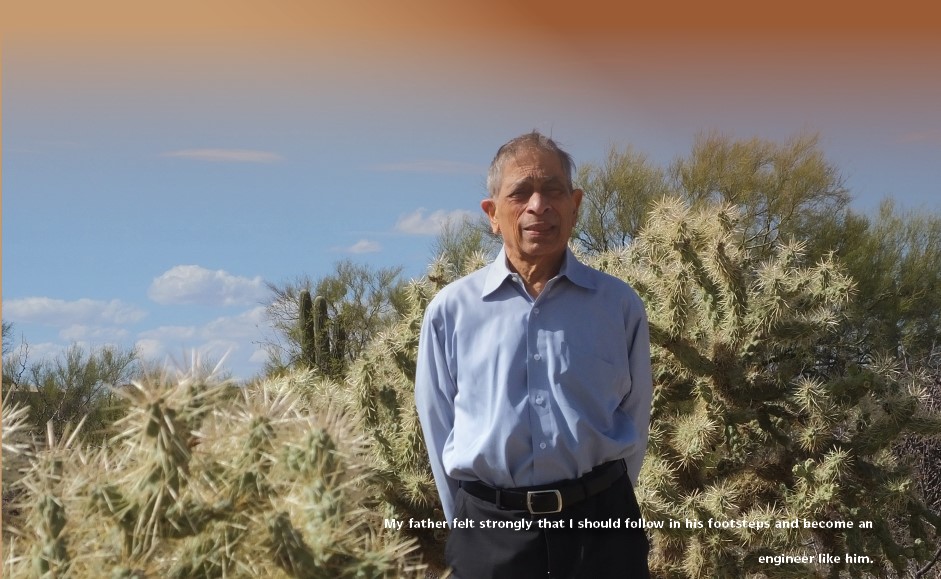
PAC World: Where did you grow up and where did you go to school?
S.S.V.: I grew up mostly in South India. My Primary Education was in Chennai from 1949 to 1954. My father sent me there to get a better-quality education. I was sent to live with my aunt. My uncle was a schoolteacher. My uncle’s salary was limited so they could not afford electricity. It is ironical that I had to study and do my schoolwork under petromax light as they could not afford electricity. It was not an easy time. It was a real hardship for four years living under fear of my aunt, who was an exceedingly difficult person to deal with in a day-to-day life. After four years, I moved to Eluru in Andhra to live with my parents as my mother wanted me back with her. The next four years were both productive and enjoyable.
PAC World: Did you have any specific interests while in school?
S.S.V: I loved playing cricket – a game played in Commonwealth countries. It is like baseball and extremely popular in India. I would try not to miss Test Matches played between countries. These are like World Series. I would try not to miss even a day because of my passion for it. I was also regularly active in high school politics and was elected as the School Pupil Leader during the last two years in high school. Whenever I had time, I enjoyed listening to popular and classical music. I used to sing songs in several languages.
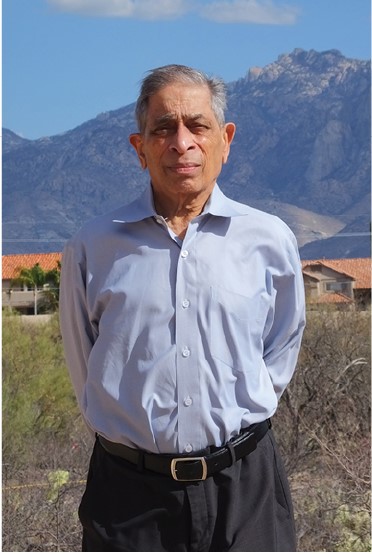
PAC World: Can you think of someone or something in your childhood that influenced your decision to become an engineer?
S.S.V.: My father felt strongly that I should follow in his footsteps and become an engineer. He insisted that I should opt for Electrical Engineering though I was more inclined to specialize in Mechanical Engineering. I must admit that I am glad that I became an electrical engineer.
PAC World: Where did you go to university and why did you choose that one?
S.S.V.: I attended three different universities listed below. I was admitted automatically to Andhra University because of my standing in the secondary school examinations in which I graduated with First Class honors. After receiving my bachelor’s degree with First Class honors, I applied to several prestigious schools all over India. I was fortunate to be admitted to Indian Institute of Technology, Madras in Chennai, to specialize in power systems. I had the best educational experience because of the very well-known faculty members who received their doctorate degrees from prestigious U. S. universities. I graduated with my master’s degree, securing a First Class with Honors. After one-year stint with teaching in a local university, I applied to several universities in the U. S. I was lucky to join the University of South Carolina, USA.
- Ph.D – University of South Carolina, 1971
- M.S.E.E. – Indian Institute of Technology, India, 1965
- B.S.E.E. – Andhra University, Waltair, India, 1963
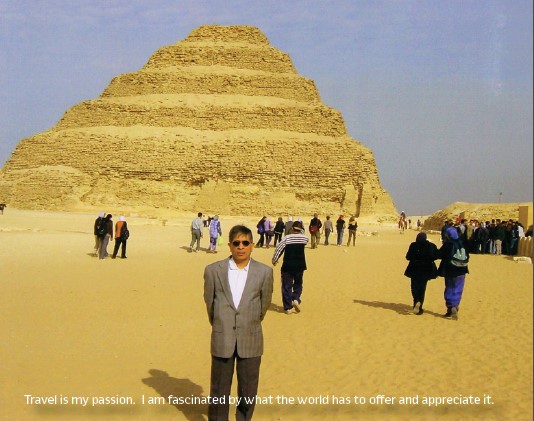
PAC World: Why did you study electrical engineering?
S.S.V.: As I mentioned before, I wanted to specialize in Mechanical Engineering, but my interest in Electrical Engineering occurred because of the interest instilled in me by professors who taught basic electrical engineering courses which I found to be very fascinating. I realized that basic principles of Ohm’s Law, Kirchhoff Current and Voltage laws along with Faraday’s Law of Induction defined the entire Electrical Engineering discipline. My father was happy with my decision to become an Electrical Engineer.
PAC World: Why did you decide to continue your education in the United States?
S.S.V.: I always wanted to get a doctorate degree so I could conduct research and teach at a major university. I was convinced that the U. S. offered the best engineering post-graduate programs. I was glad to get this opportunity in University of South Carolina (U of SC). This high-quality education provided me the opportunity to teach at several major universities in the U. S.: University of Massachusetts (UMass), West Virginia University (WVU), University of Washington (UW) and Iowa State University (ISU).
PAC World: Why did you select the University of South Carolina?
S.S.V.: When I was doing my Ph. D. Initially at Indian Institute of Technology at Kanpur (IIT/K), India, I sent a letter of intent based on the advice of Dr. Ahmad H. El-Abiad at Purdue to contact Dr. Tom F. Jones who was Chairman at Purdue University. He was moving then to the University of South Carolina (U of SC) as the University President. Dr. Jones offered me a Fellowship to come and work under his tutelage. He was a father figure, and he took deep interest in me and my progress right from day one. It was indeed a wonderful experience as he was deeply involved with my educational progress. Amazingly, he found time to advise me despite his busy schedule. He even took personal interest by encouraging me to drink eggnog, which I frankly did not enjoy.
PAC World: Did you have any other interests than learning at that time?
S.S.V.: The U of SC was ranked number 1 nationally. I did not miss the opportunity to watch every game. I also got interested in the NBA games and watched every tournament. This interest continued in my life even today. In addition to absorbing all the knowledge, politics always intrigued me, though I had no ambitions to become a politician. I would not miss any political debates and watched National and International news. Perhaps I wasted a lot of time on this interest.
PAC World: What made you stay in the US after you graduated?
S.S.V.: I realized early in my career that I would get the valuable professional and academic experience I was seeking by staying in the U. S. Who would not like such an experience? I applied to several universities hoping to pursue an academic career at a major university. I secured my initial appointment with UMass in 1971 where I taught undergraduate courses in energy conversion and basic circuits. Then WVU offered me a better opportunity to promote and build the power and energy program with late Keith Stanek, my ardent supporter in 1972. The next seven years were phenomenally successful for me as well for the program. After that, because of my consulting experience with Bob Bergseth in six-phase work, he offered me a full professor position in UW to build the power and energy program there. I stayed at UW until 1996. Those 17 years were the best years of our lives. This is where Padma (my wife) successfully completed her Master’s in Technical Communications. Both our children, Sridevi Ramakumar and Harish Venkata, received their education there.
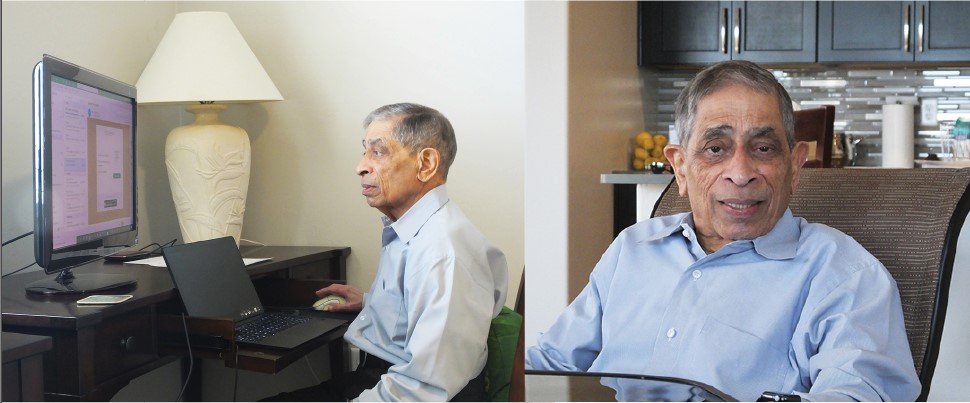
PAC World: Is there any specific reason to choose an academic career?
S.S.V.: It was my ambition from early on to mentor and inspire young students and that became my lifetime goal. Admittedly, students come with varied backgrounds to specialize in electrical engineering with an emphasis on electric power and energy. Though it was a challenge sometimes to work with them, it provided me with an extraordinary learning experience early in my career and was an enjoyable experience. After more than 50 years’ experience, I can state that this is indeed true.
PAC World: You worked at many different universities during your half-century career. What was the reason to switch between them?
S.S.V.: Better opportunities presented themselves and I found I could contribute to each subsequent place with the experience I had gained. After 25 years of teaching and research at U Mass, WVU and the UW, I was contacted to become the Chairman of Iowa State University. I was glad that I could build the Department ECE’s programs to the next level. I also became the Dean of Engineering at Clarkson University in Potsdam, NY for a brief period of 18 months.
PAC World: You spent fifty years teaching. Do you see any difference in the students in 1971 and today?
S.S.V: During the 50+ years of my teaching career, I have found that students were always motivated to learn and excel in their profession and to explore new avenues for using their knowledge and are keen to explore and learn. They always wanted to quench their thirst for learning. The only difference I notice between the students of yester years and now is availability of better tools and technology at their disposal.
PAC World: You have been involved in research on a wide range of topics, many of them related to the Smart Grid. How do you explain your interest in so many topics and do you have a favorite?
S.S.V.: I became interested in exploring new domains and wanted to see the possibilities of unexplored areas. The electric grid is becoming smarter undergoing significant changes. More and more renewable resources are directly connected to both primary and secondary distribution systems at the customer level. To restore climate, reduction of carbon emissions has become a major societal goal to improve energy efficiency of buildings. The rapid introduction of electric vehicles to electrify transportation will hopefully reduce carbon emissions. These changes will hopefully accelerate in future years. All these challenges will require the development of new models, methods and methodologies to plan and operate future power and energy systems.
Of all the topics I am interested in, my favorite topic is distribution protection, automation and control, which is the thrust of this Magazine.
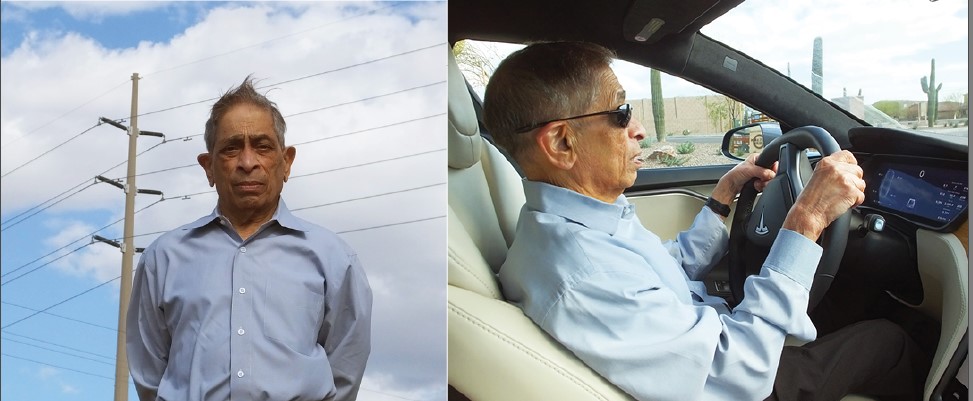
PAC World: You have been actively involved in the IEEE for a long time. How do you see its role in our industry?
S.S.V.: IEEE like CIGRE, CIRED and other similar organizations in the world, provide avenues to bring industries, universities and other organizations together in generating the information for everybody’s success. This would not have been possible without the existence of these organizations. I wonder how we would have made any progress for the benefit of the society without these organizations working together.
PAC World: What do you think about the importance of participation in working groups?
S.S.V.: Unquestionably, this is extremely important. I doubt if I could have been as successful as I am without my active interaction with scores of industry experts. Their practical experience and knowledge were invaluable for me to gain the expertise I needed to succeed. I thoroughly enjoy participating in these activities under the PSRC and T&D Committees which have kept me active. The development of WG based position papers and Standards as the products provide all of us what we need for future use. I am currently the Chair of the IEEE-SA P 2030.12 Working Group on Microgrid Protection with about 150 members participating in it.
Also, my recent involvement with the IEEE Fellows Committee have been very fruitful though it takes enormous time and energy to fulfill the responsibilities. I have served for more than six years between 2010 to the present
PAC World: You have been a consultant to many utilities and manufacturers. What do you think are the benefits of academics working with industry?
S.S.V.: Very essential. The perspective and the respect you gain from industry is invaluable and I strongly encourage younger engineers and academicians to get involved and to participate actively. Their success depends on their active participation.
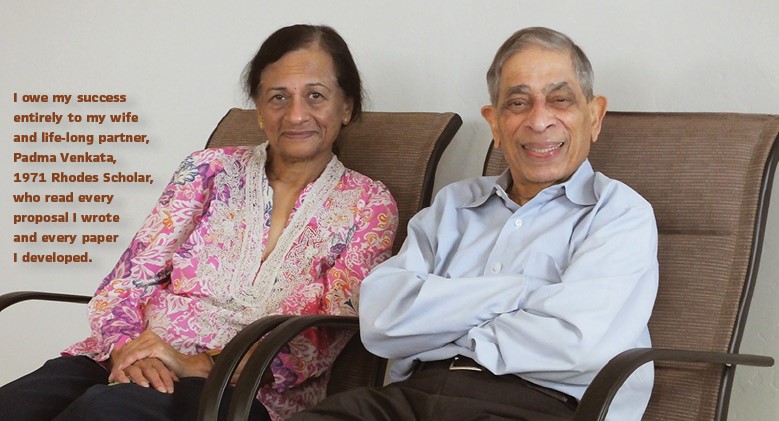
PAC World: What do you think is the impact of IEC 61850 on the future of the electric power grid?
S.S.V: This is the best development that has taken place to integrate communications, computing and communications (C3) with power systems. This amalgamation of these technologies has provided the best platform for solving today’s complex problems which we could not solve before. In my opinion, this is best international Standard we have access to for all types of engineers and scientists.
PAC World: What is the greatest challenge you faced during your professional career?
S.S.V.: To compete with extremely competent and successful colleagues. I took it as a positive challenge and tried to do my best.
PAC World: What do you consider your greatest professional achievement?
S.S.V.: To interact and supervise about 100 post-graduate scholars and visiting scientists with varied cultures and background.
PAC World: You have received many awards. Which one do you consider the most important to you?
S.S.V.: The Outstanding Power Engineering Educator Award in 1996. This is extremely competitive, and I am glad for the recognition.
PAC World: Do you believe that we are going to see more artificial intelligence applications in the future grid?
S.S.V.: Definitely. The new developments in machine learning is a positive recent development. Some of the challenging problems that we could not solve before are within our reach. For example, we could not use Artificial Neural Networks thirty years ago because large data sets were not available. Now with large data sets available, we could solve them. We are fortunate to have all these new tools at our disposal.
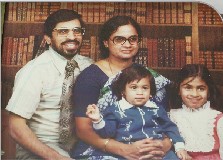
PAC World: Do you think it is possible to prevent wide area disturbances and blackouts?
S.S.V.: Not possible to completely prevent them. But efforts are continuing to help them. The electric energy system is becoming a more complex network comprising of incredible number of devices across the world. Different organizations own these devices. They must be planned, operated and regulated to guarantee highest reliability and safety at the least cost.
Recently, to address the issue of blackouts, improving the system resilience has become a major goal. The goal should be to explore on the reasons that cause them. Proper strategies should be developed to identify, develop, and adopt to increase the resilience of the system. What causes these wide area disturbances and blackouts? Why do they extend over wide and multiple areas of the systems? in the face of events that can cause large-area, long-duration of blackouts that extend over several service areas. Extensive working is going on nationally and for the matter internationally to mitigate the impact of outages when they do occur, restoring the supply as quickly as possible, and learn from these experiences to deal with the system as and when future events occur.
PAC World: How do you see the future of our industry?
S.S.V.: Very bright! The advent of “smart grid” is providing us new tools, techniques and methodologies under this rubric to shape the future of our industry. The power and energy system is undergoing major changes, such as the infusion of new sources at the primary and secondary distribution levels directly to distribution systems. These devices are transforming into more and more variable renewable sources including inverter-based ones. Climate control has become an important goal to reduce carbon emissions. The transportation industry will become more and more electric and these are expected to occur fast and increase in the future. The obvious questions are how we plan and operate these systems in the future? In so doing how we need to develop new models, methods and methodologies to handle these ambitious goals.
PAC World: You are still actively involved in IEEE, conferences, consulting and innovation. What keeps you going?
S.S.V.: My passion for the profession. There is another experience which I feel fortunate to have had. In 1986 I was eligible to take a sabbatical leave for a year. Because of the mutual agreement the UW had with the University of Duisburg in Germany, I opted to work with Late Professor Dieter Rumpel, a well-known engineer and academician on the Real-Time data collection and assessment based on linguistic basis. He developed this tool when he was an engineer with Siemens in Erlangen for 21 years. We worked together culminating in an IEEE Transactions paper in 1990, which we presented in the IEEE Summer Meeting in Long Beach, California. At that time, I invited him to come to the UW, Seattle, for two weeks. He gave a series of lectures to the power community.
PAC World: How do you balance your active professional life with your family life?
S.S.V.: It was not easy. I have tried to do my best to balance professional and personal goals by spending time with the family and my profession. I loved, and still love, to travel. I would take the family on local and international trips every chance we got. We bought an RV so we could take weekend trips.
PAC World: What do you consider your greatest personal achievement?
S.S.V.: I know it is to work with fellow engineers and colleagues and be involved in fascinating interactions with them.
PAC World: What do you like to do when you are not working?
S.S.V.: I am a religious person. Padma and I were actively involved throughout our life here in the U. S. in starting, promoting and building Hindu Temples and Cultural Centers. We succeeded in building one in Bothell, Washington and the other in Madrid, Iowa. The latter one is located along the Des Moines River between Des Moines and Ames where Iowa State University is located.
Travel is my passion. I am fascinated by what the world has to offer and appreciate it. I was fortunate to visit about 75 countries and have to come to know those places well.
PAC World: You travel a lot all over the world. Do you have a favorite place?
S.S.V.: Italy first, for its food and art, and then Germany, where we lived for nine months.
PAC World: Do you have favorite music?
S.S.V.: Listening to instrumental music of all kinds, especially Indian.
PAC World: Your favorite form of entertainment?
S.S.V.: I love watching movies, particularly western classics. I am fascinated by John Wayne movies.
PAC World: What is your favorite food?
S.S.V.: Spicy south Indian cuisine cooked by my wife. Closely followed by Italian food.
PAC World: Do you have a motto?
S.S.V.: “Live to Learn and Learn to Live.” “Work while you work and play while you play.”
PAC World: Is there anything you would like to say to the young PAC engineers around the world?
S.S.V.: Get actively involved in this exciting field which offers tremendous experiences and rewards. I had written a junior level textbook on “Electric Energy Devices and Systems” with Professor Rebert Bergseth when I was in the UW. This was published in 1987 and adopted by many leading universities in the world. Currently, I am developing a senior/graduate level textbook on Enhanced Distribution Systems with Professor Anil Pahwa at the Kansas State University. We received extremely positive comments encouraging us to complete and publish it. We hope to get the book out soon.
PAC World: Is there anything that we did not ask you that you think can help our readers better understand who you are?
S.S.V.: I hope people get the impression that I care for every person I come to interact in this world. For example, I was truly fortunate to work with Mr. Bill Guyker at Allegheny Power Service Corporation who was highly creative and practical in his approach to any challenging problem.
My successful first research was on six-phase power transmission. The original funding was provided by National Science Foundation for 18 months, followed by a contract with Allegheny Power Systems.
Biography:
S.S.(Mani) Venkata is President of Venkata Consulting Solutions Inc. He was with GE Power/Alstom Grid Inc. from January 2011 to September 2017. He continues his affiliation with the University of Washington (UW), Seattle, Washington where he has taught since 1979. Dr. Venkata is a Life Fellow of the IEEE. At the IEEE level, he served as a member of the IEEE Fellows Committee for five years. He also served on the PES Board as Vice-President, Publications PES during 2004-07. In 2016 he received the Robert M. Janowiak Outstanding Leadership and Service Award from ECEDHA. In 2015 he received the IEEE PES Douglas M. Staszesky Distribution Automation Award. In 1996 he received the Outstanding Power Engineering Educator Award from the IEEE Power Engineering Society.



